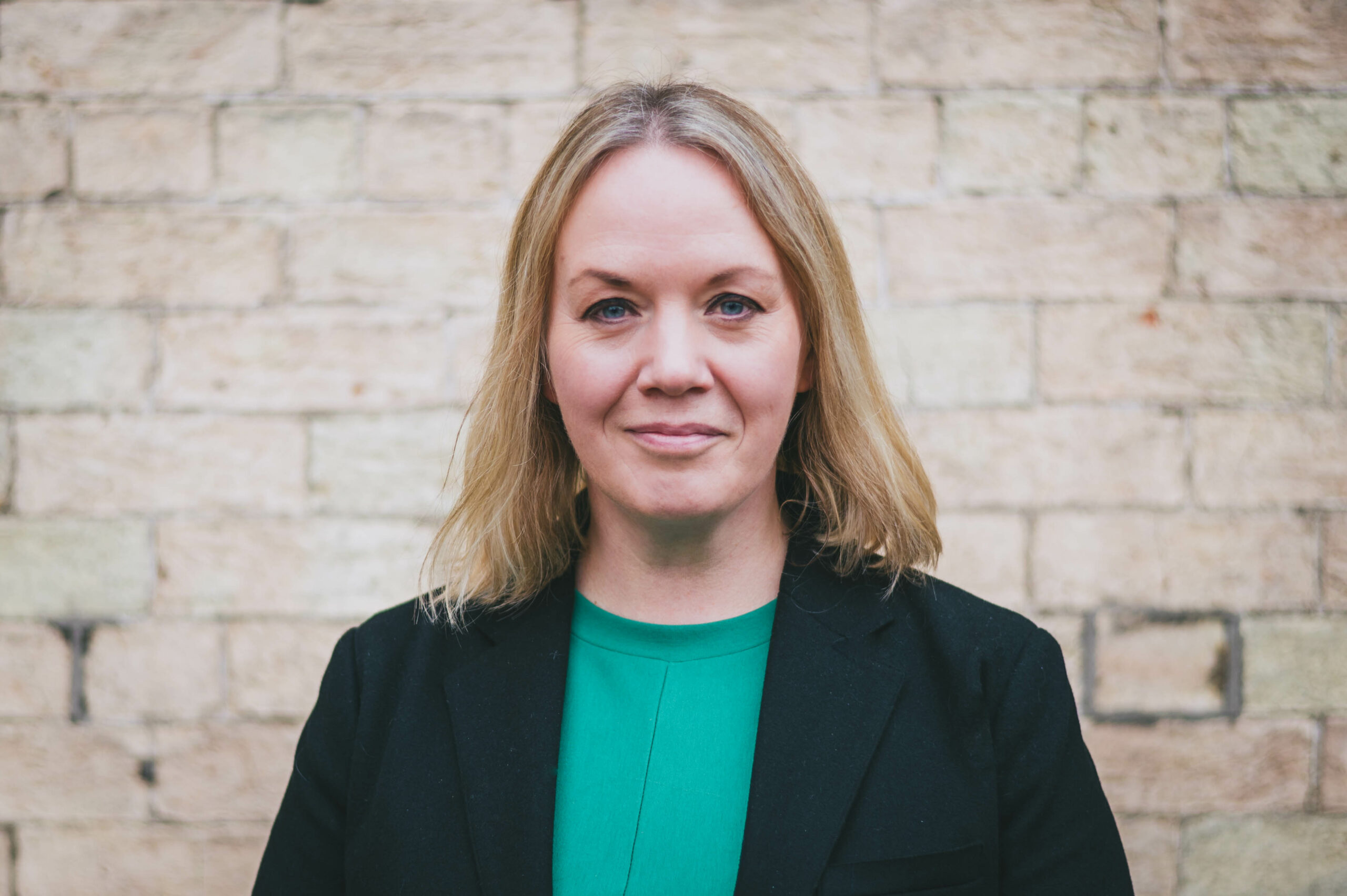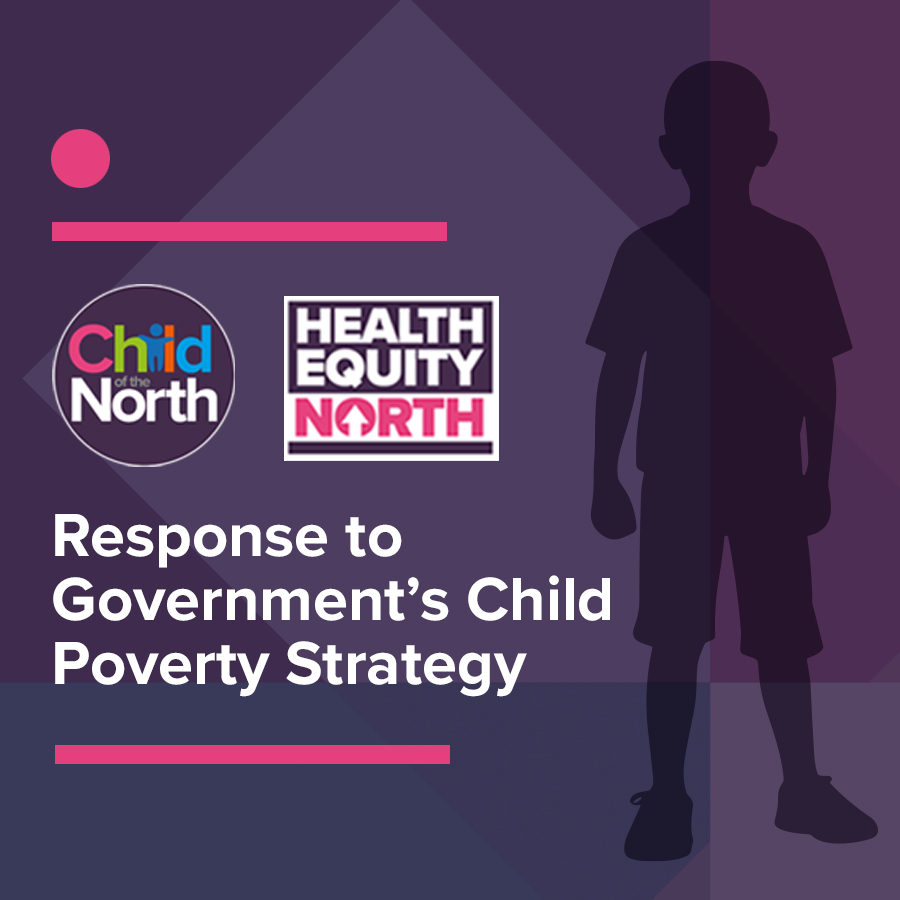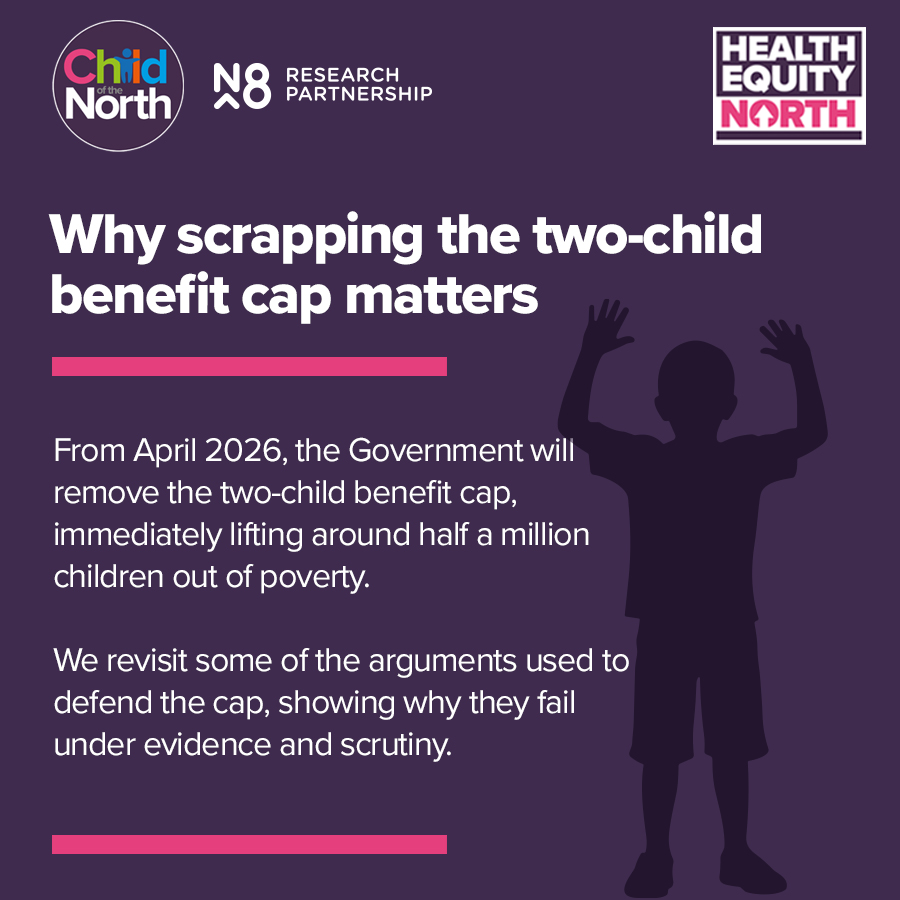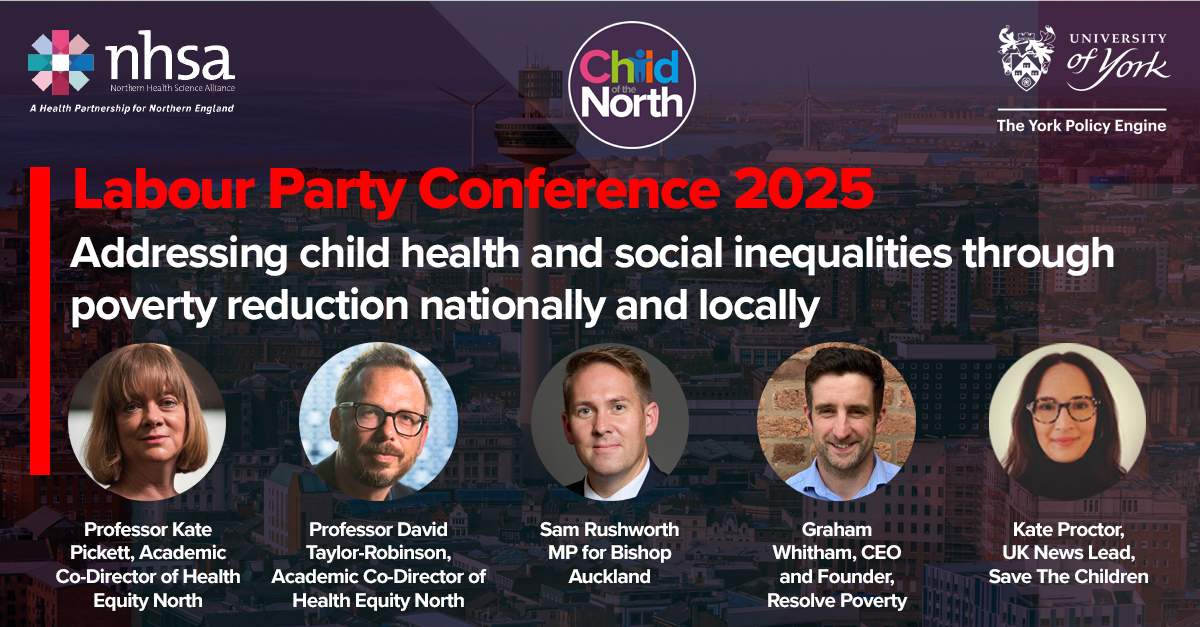BLOG: Poverty has no return on investment – why the two-child limit MUST be scrapped

As part of the government’s wide-reaching welfare reform agenda in 2017, the Government introduced the two-child limit policy on UK families, restricting parents from claiming child tax credits or Universal Credit for more than two children. Eight years on, and this move has proven to be harmful, counterproductive and has only served to hit the most vulnerable the hardest – children.
Our various Child of the North reports have shown the shocking extent of child poverty in our region. Some areas in the North of England have as many as 1 in 2 children living in poverty. These rates haven’t been seen since the 90’s, and are profoundly at odds with the expectations of a prosperous and fair society. We know that the two-child cap has increased poverty rates since its inception, having a significant knock-on effect, not only on children but families, communities and the wider economy.
As of 2025, approximately 1.5 million children are affected by the two-child limit – a figure projected to rise unless the policy is reversed. On average, affected families lose £3,235 annually, a substantial sum that directly impacts the well-being and opportunities of their children.
While lifting the two-child limit is estimated to cost around £250 million per year, the social and economic costs of maintaining the policy far exceed this figure. For example, our Children in Care in the North of England report estimates that increased child poverty between 2015 and 2020 has led to an additional £1.4 billion in care placement costs. Poverty has no return on investment – in fact, it incurs substantial costs across public systems, including health, education, and social care.
But what would it look like if the cap was lifted? The Resolution Foundation estimate that over 400,000 children would be lifted out of poverty immediately if the two-child limit was scrapped. The costs of poverty are not just financial. Worryingly, our research shows that poverty is having an increasingly devastating impact on child health. Research consistently shows that children living in poverty are more likely to experience poor physical and mental health, shorter life expectancy, and less years in good health compared to their more affluent peers. Improving children’s circumstances is intrinsically linked to improved public health outcomes, which benefits the population as a whole.
Health Equity North has been a staunch supporter of ending the two-child cap since our launch in 2023. Our support has included:
- The launch of our Child Poverty and the Cost of Living Crisis report, in which we recommended scrapping the two-child cap to ensure that families with children have enough money and security of income to meet their basic needs.
- As part of our Seven Missions to reduce health disparities, we’ve called on leaders totackle poverty using evidence-based policies and called for measures to end child poverty including abolishing the two-child cap, increasing child benefit and getting rid of the five week wait for Universal Credit.
- In July 2023, Kim Johnson MP for Liverpool Riverside and then Vice-Chair of the Child of the North All-Party Parliamentary Group, led a debate in Westminster on ending the harm inflicted by the two-child cap. Kim touched on newly published statistics which showed the true extent and impact that the cap has on families and just how far poverty reaches as a result.
- At the 2023 Labour Party Conference, we held a panel event on “The child poverty emergency and building a fairer Britain for children”. Speakers included North East Mayor Kim McGuinness, Kim Johnson MP and Anne Longfield CBE, Chair of the Commission on Young Lives, along with Health Equity North academics.
- We recommended lifting the cap as part of Children in Care in the North of England report as costs of poverty due to care placement costs is estimated be to £1.4 billion – whilst it would cost £0.25 billion a year to pull children out of poverty by lifting the cap.
- Our Woman of the North report showed that women are terminating wanted pregnancies because they feel they cannot afford a child, and we called for the cap to be lifted to ensure women do not have to consider this heartbreaking choice.
- At the 2024 Labour Party Conference, we held a panel event about how the Labour Government can tackle child poverty and create opportunities for children across the North, pressing for the removal of the cap and setting out the consequences for families in our region. Speakers included Kate Proctor of Save the Children, Terri White, journalist and child poverty campaigner, Anna Turley MP for Redcar and three young people from Liverpool’s Young Persons Advisory Group
- In May 2025, Professor David Taylor-Robinson, Academic Co-Director of Health Equity North, and Professor of Public Health and Policy at the University of Liverpool, gave oral evidence at the government’s Child Poverty Taskforce. Alongside other child health professionals, Professor Taylor-Robinson set out the reality of families living in poverty and why the two-child cap continues to cause harm to children most in need.
Health Equity North is not alone in calling for reform. A broad range of experts, charities and advocacy organisations – including the End Child Poverty Coalition, Child Poverty Action Group, Joseph Rowntree Foundation, Save the Children UK, Barnardo’s, and Action for Children – have long argued for the policy’s repeal, supported by extensive evidence-based research.
The bottom line is that no child should suffer more just because of the number of siblings they have. A society in 2025 is way past the point of believing that children should be punished for their parent’s choices. Economically, and from a public health standpoint, encouraging poverty through punitive welfare restrictions represents a divestment in our future.
The announcement from government last week on the expansion of free school meals for children with a parent on Universal Credit – a policy we have campaigned for in numerous reports – has offered renewed hope that child poverty is being pushed to the top of the political agenda, as it should be.
And while it is a powerful step towards tackling child poverty, we must go further still.
The findings of the Child Poverty Taskforce are expected to be published in Autumn 2025. The evidence is clear: abolishing the two-child limit is essential to reducing both poverty, and long-term costs to the taxpayer. We now make a bold call to our leaders – put vulnerable children first and make a clear commitment to ending child poverty by scrapping the cap.






